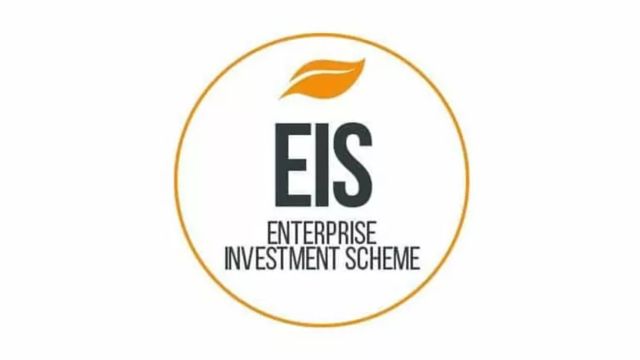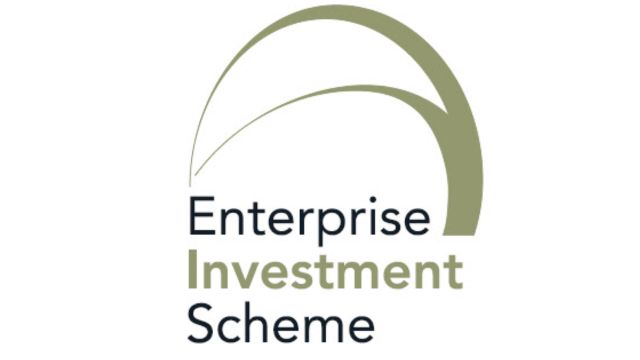Designed by the UK government to promote investment in small, high-risk companies by providing significant tax reliefs to investors, the Enterprise Investment Scheme (EIS) Originally launched in 1994, the program seeks to assist small, unlisted businesses in raising money by means of a variety of tax perks, therefore motivating investors. Startups and growth-stage companies in fields such technology, renewable energy, and manufacturing especially should benefit from this effort.
Key Tax Reliefs Under EIS
1. Income Tax Relief:
Investors can claim up to 30% income tax relief on the amount invested in qualifying EIS shares, up to a maximum of £1 million per tax year, or £2 million if at least £1 million is invested in knowledge-intensive companies.
2. Capital Gains Tax (CGT) Exemption:
If the EIS shares are held for at least three years, any gains made upon disposal are exempt from CGT.
3. Loss Relief:
If the investment results in a loss, investors can offset the loss against their income tax or capital gains tax, reducing the overall financial risk. GOV.UK
4. Capital Gains Deferral Relief:
Capital gains from the disposal of any asset can be deferred if the gain is reinvested in EIS shares.
5. Inheritance Tax Relief:
EIS shares are generally exempt from inheritance tax if held for at least two years and at the time of death.
Eligibility Criteria for Companies
To qualify for EIS funding, companies must meet specific criteria established by HMRC:
- Size and Asset Limits:
- The company must have gross assets of no more than £15 million before the investment and no more than £16 million immediately after.
- It must employ fewer than 250 full-time employees (or 500 for knowledge-intensive companies).
- Trading Activities:
- The company must carry out a qualifying trade. Excluded activities include dealing in land, commodities, or financial instruments, as well as providing legal or accountancy services.
- Timeframe:
- The investment must be made within seven years of the company’s first commercial sale, or ten years for knowledge-intensive companies.
- Use of Funds:
- Funds raised through EIS must be used for business growth or development within two years of the investment.
Application Process for Companies

- Advance Assurance:
- Companies can apply for advance assurance from HMRC before seeking investment to confirm that they qualify for EIS. This provides potential investors with confidence regarding their eligibility for tax relief.
- Issuing Shares:
- Once the investment is secured, the company must issue shares and submit a compliance statement (EIS1) to HMRC to confirm that the funds have been used as specified
- Investor Certificates:
- Upon approval, HMRC issues compliance certificates (EIS3) to the company, which must be forwarded to investors for them to claim tax reliefs.
How Investors Can Claim Relief
- Investors can claim EIS tax relief by completing the EIS3 certificate and submitting it with their Self Assessment tax return.
- The claim can be made for the tax year in which the shares were issued or the previous year.
- Loss relief claims can be made by contacting HMRC directly or through the Self Assessment process.
Important Considerations and Risks
- EIS investments are considered high-risk due to the nature of the businesses involved.
- There is a possibility of losing the entire investment, even with tax reliefs.
- Investors should be aware of the holding period requirements to retain tax benefits.
- Non-compliance with HMRC guidelines may lead to the withdrawal of tax reliefs.
FAQ
Can Non-UK Residents Invest in EIS Companies?
Yes, non-UK residents can invest in EIS companies, but they may not qualify for UK tax reliefs. Consult a tax advisor for international implications.
Are EIS Investments Eligible for Pension Funds?
No, EIS investments are not eligible for pension funds. EIS shares are high-risk and are generally not considered suitable for pension portfolios.
What Happens If a Company Exits Early?
If the company exits before the minimum three-year holding period, investors may lose their EIS tax reliefs and be liable to repay tax benefits.
Can EIS Investments Be Held in an ISA?
EIS shares cannot be held directly in an ISA. However, investors may consider using an EIS fund structured as an ISA-compatible investment.
How Are Dividends Taxed on EIS Shares?
Dividends received from EIS shares are taxable. Unlike capital gains, dividend income does not qualify for any special EIS tax reliefs.













